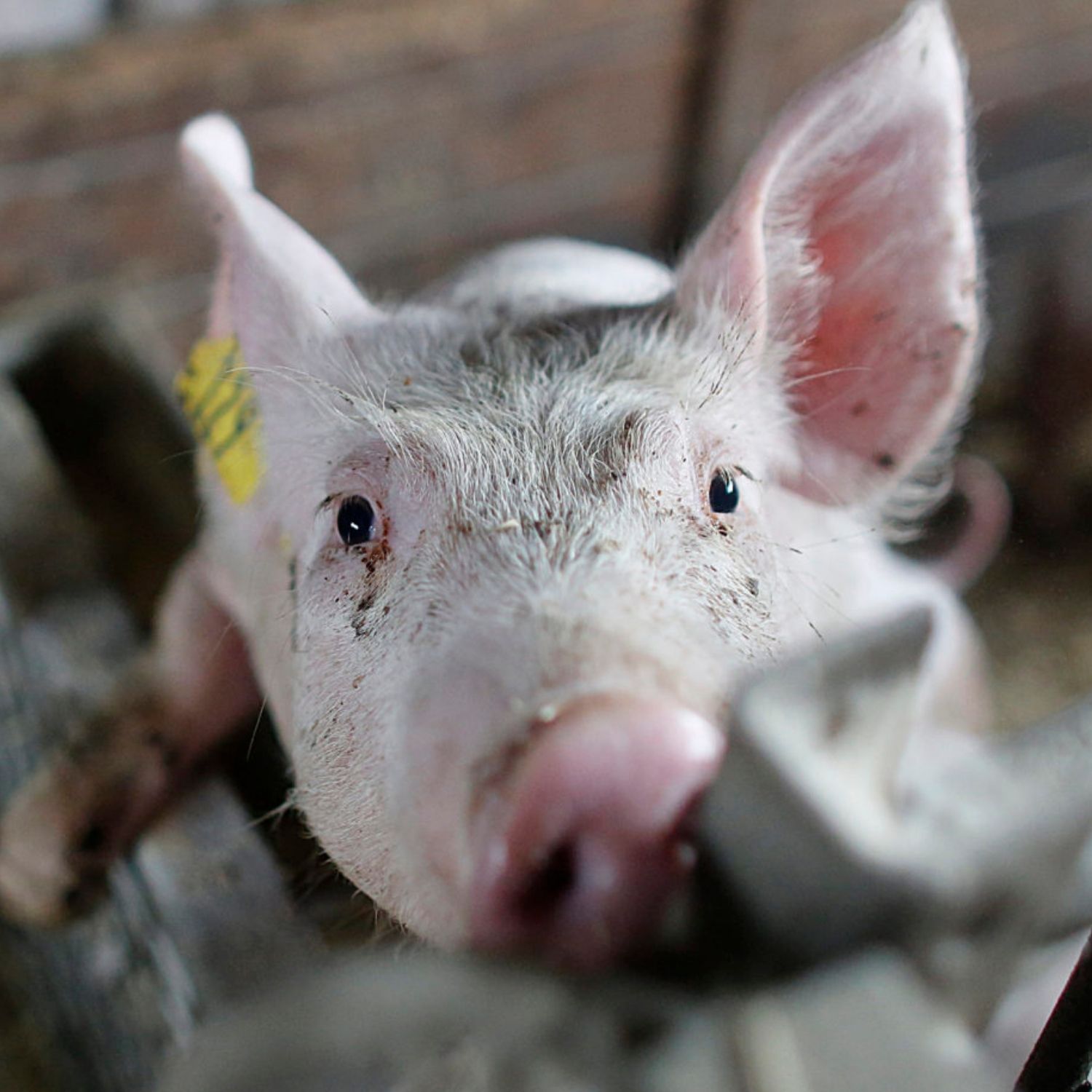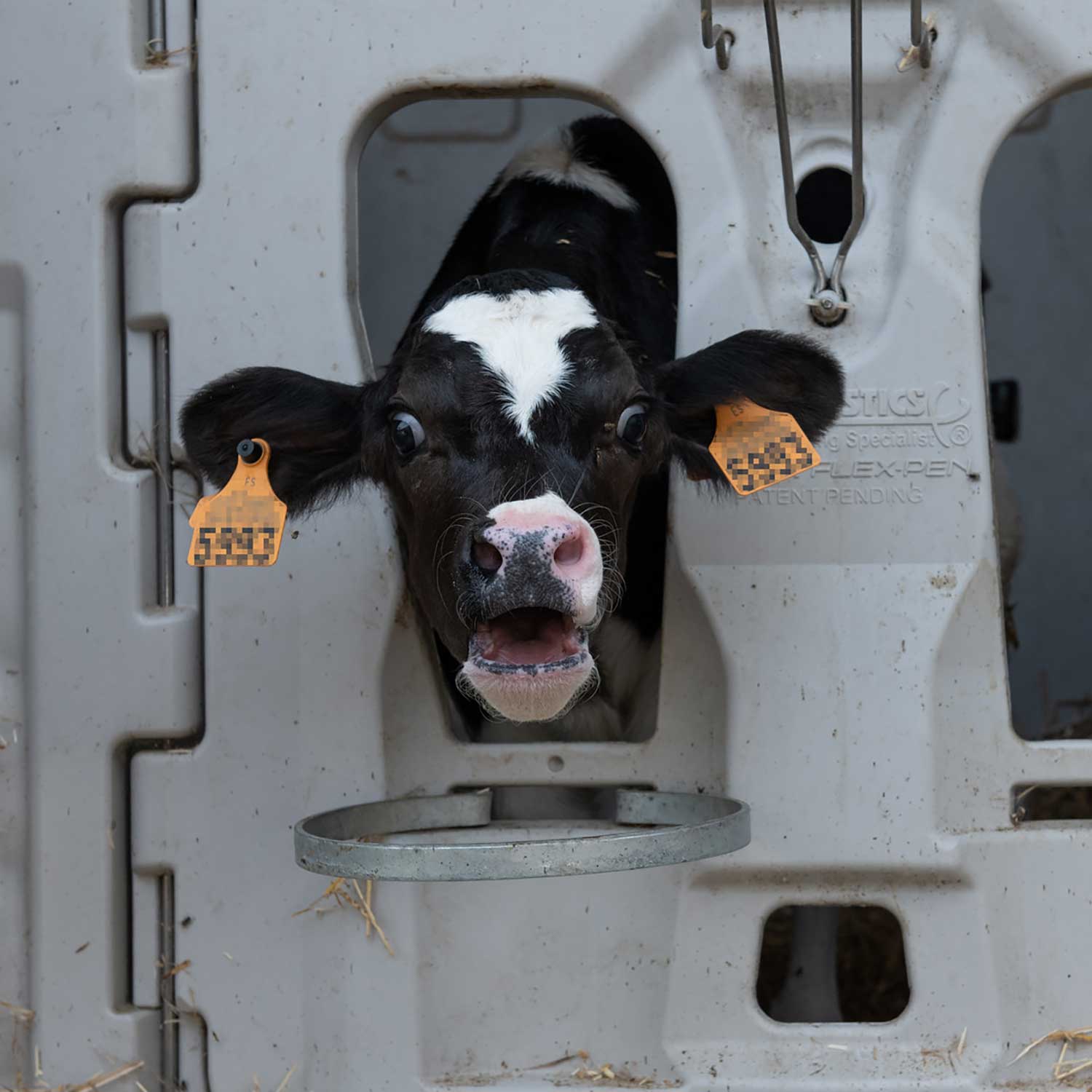The United States Ends Use Of Chimpanzees In Medical Research
Last Wednesday, the National Institutes of Health (NIH) announced the definitive end to the use of our closest relatives, chimpanzees, in medical research. In 2011, this institution had announced a significant reduction in the number of these wonderful animals used for this purpose: “their use for biomedical research is unnecessary,” declared Francis Collins, Director of the NIH.
In his statement last Wednesday, Collins explained that “as a result of numerous changes in recent years and the significant reduction in demand for chimpanzees for biomedical research supported by the NIH, it is clear that we have reached a turning point.”
In 2013, the NIH reduced the number of chimpanzees held for investigation in the US from 360 to 50. Now, the last 50 chimpanzees will gradually be sent to Chimp Haven, a chimpanzee sanctuary in Keithville, Louisiana. There they will be taken care of and loved for the rest of their lives, away from the cruel practices they were subjected to in laboratories.
The decision to reduce (and eventually stop) research on our close relatives comes after strong pressure from animal protection groups. Meanwhile, the Institute of Medicine (IOM) had issued a report in 2011 recommending that chimpanzees be used “only in those studies in which no alternatives or the presence of humans was not ethical.” But pressure from animal protection groups has managed to put an absolute end to such use. Because the use of these animals for experimentation is unethical in any case.



